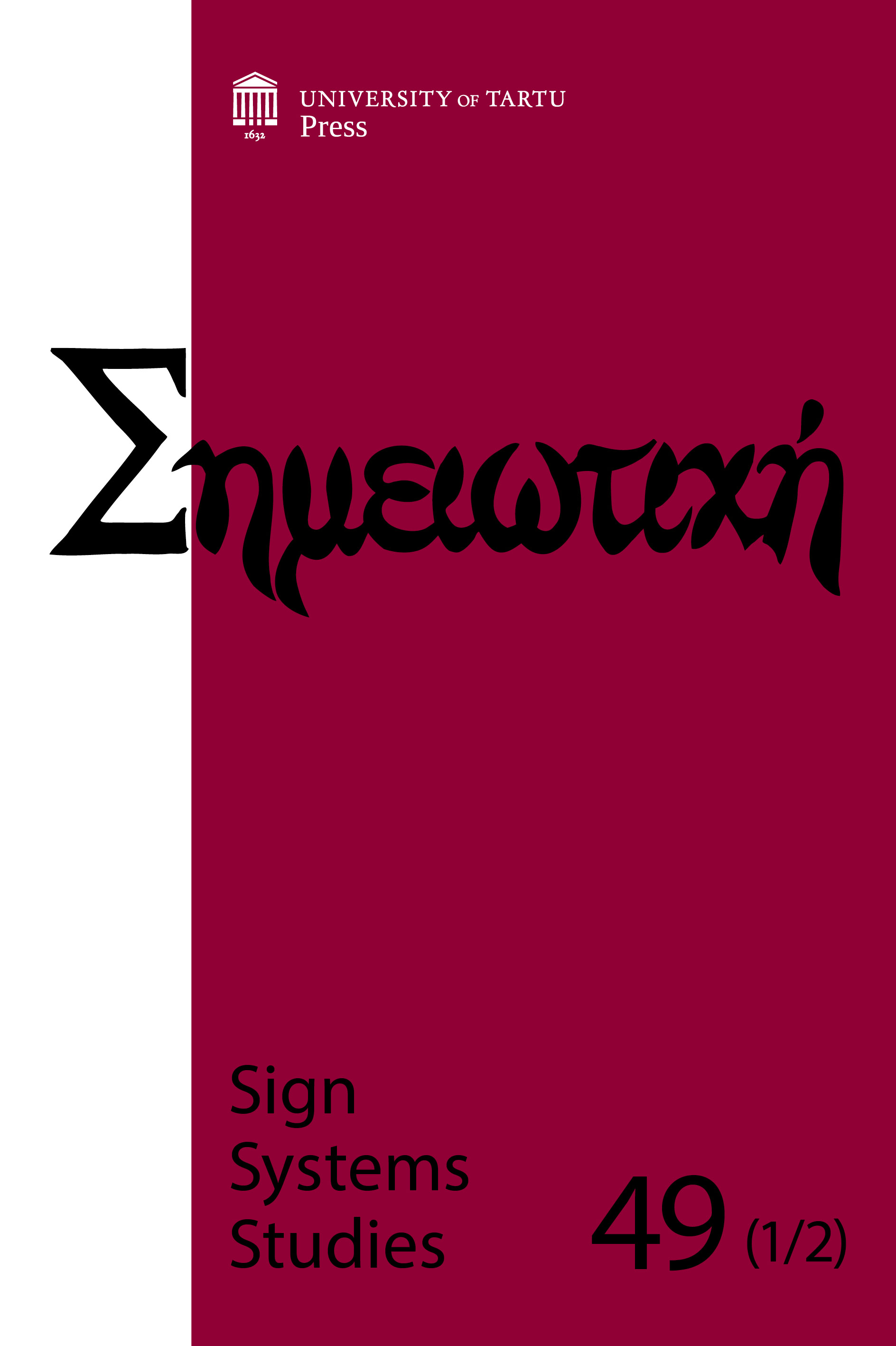Anticipating the societal transformation required to solve the environmental crisis in the 21st century
DOI:
https://doi.org/10.12697/SSS.2021.49.1-2.02Keywords:
global human ecology, societal transformation, umwelt theory, environmental crisis, transformative semiotics, ecosemiotics, Deep Ecology, ecomodernismAbstract
This article introduces an ecosemiotic approach to the two great challenges facing humanity in the 21st century: solving an escalating environmental crisis, while also safeguarding and further improving human living conditions. An ecosemiotic framework for the study of societal transformations is presented and political and other normative aspects of what I call transformative semiotics are discussed. This envelops socio-cultural and socio-ecological developments framed in terms of umwelt theory and Deep Ecology. In the long run, developments in human ecology as reflected in our changing relations to non-humans are expressed in the umwelt trajectory of humankind. The question of how the environmental crisis can best be solved is therefore tantamount to the question about what direction the human umwelt trajectory should take in this century. I outline different plausible umwelt scenarios for human ecology in the 21st century, focused on business-as-usual, ecomodernist and Deep Ecology scenarios. In a concluding discussion on technology and sustainability, the scenario development eventually includes a distinction between flexible and inflexible development paths.


